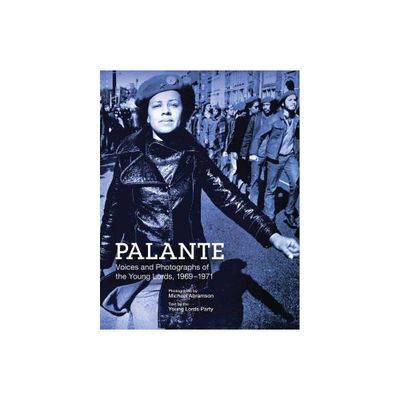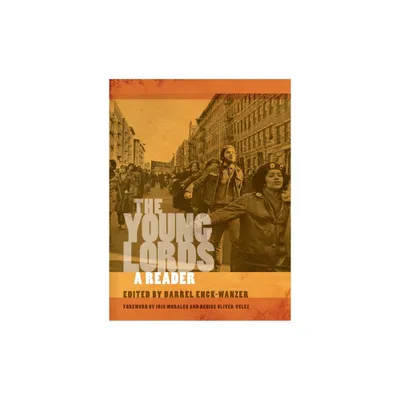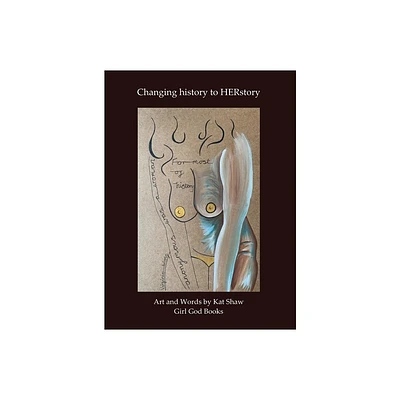Home
Revisiting Herstories: The Young Lords Party
Loading Inventory...
Barnes and Noble
Revisiting Herstories: The Young Lords Party
Current price: $25.00


Barnes and Noble
Revisiting Herstories: The Young Lords Party
Current price: $25.00
Loading Inventory...
Size: Paperback
*Product Information may vary - to confirm product availability, pricing, and additional information please contact Barnes and Noble
In the late 1960s, the Young Lords mobilized for the rights of Puerto Ricans in the United States and the end of colonialism in Puerto Rico. Women members brought attention to gender issues, ushering in a new militancy for women's rights. They organized campaigns to end sterilization abuse and gender violence and for the right to abortion, equal pay, and childcare, among other issues.
Revisiting Herstories: The Young Lords Party
is about activism. It is also about the battle of ideas. It examines the rise of feminism in the organization from 1969 to 1972 and the factors that advanced or derailed it.
The Young Lords embraced principles of independence, revolution, and socialism. The organization demanded an end to capitalism and racism but did not demand an end to sexism.
At the outset, the Young Lords' nationalist ideology upheld inferior roles for women and deemed gender concerns secondary. The interplay between these ideas and the aspirations of feminists in the organization influenced the political agenda. Feminists in the Young Lords advanced revolutionary ideas and practices that charted new ground in the Puerto Rican diaspora. Connecting the experiences of women in and outside the United States, women in the Young Lords identified as internationalists and anti-imperialist.
During this seminal period for US feminists of color, women in the Young Lords Party allied with Black, Latinx, Asian, and Indigenous activists, uniting to fight for economic, gender, and racial justice. They recognized that the inequities facing women of color were not solely the result of gender but the outcome of intersecting social locations and the legacy of history. Feminists of color rejected prioritizing gender oppression over racism, and vice versa,
fills overlooked chapters in the social movement histories of the late 1960s and early 1970s. Intertwining first-hand accounts, primary sources, and research, this book presents a multifaceted and more nuanced account of the Young Lords' history. It interprets the past, grappling with concerns that are still very much present.
Revisiting Herstories: The Young Lords Party
is about activism. It is also about the battle of ideas. It examines the rise of feminism in the organization from 1969 to 1972 and the factors that advanced or derailed it.
The Young Lords embraced principles of independence, revolution, and socialism. The organization demanded an end to capitalism and racism but did not demand an end to sexism.
At the outset, the Young Lords' nationalist ideology upheld inferior roles for women and deemed gender concerns secondary. The interplay between these ideas and the aspirations of feminists in the organization influenced the political agenda. Feminists in the Young Lords advanced revolutionary ideas and practices that charted new ground in the Puerto Rican diaspora. Connecting the experiences of women in and outside the United States, women in the Young Lords identified as internationalists and anti-imperialist.
During this seminal period for US feminists of color, women in the Young Lords Party allied with Black, Latinx, Asian, and Indigenous activists, uniting to fight for economic, gender, and racial justice. They recognized that the inequities facing women of color were not solely the result of gender but the outcome of intersecting social locations and the legacy of history. Feminists of color rejected prioritizing gender oppression over racism, and vice versa,
fills overlooked chapters in the social movement histories of the late 1960s and early 1970s. Intertwining first-hand accounts, primary sources, and research, this book presents a multifaceted and more nuanced account of the Young Lords' history. It interprets the past, grappling with concerns that are still very much present.


















